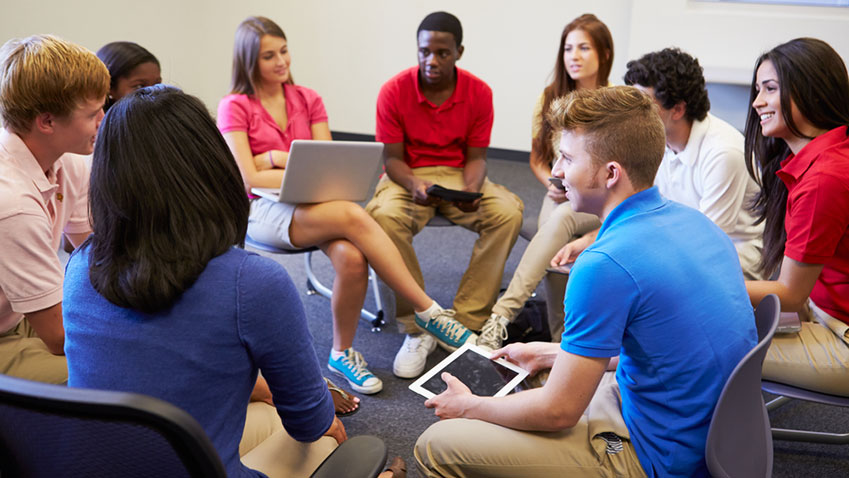Theme 2 - Education bridging social divides – pass or fail?

Education is instrumental in the process of community-building and the shaping of national identity and is still seen as a factor of building social cohesion and a sense of belonging to society. However, in today’s increasingly diversifying, interdependent societies, the capacity to engage across national and community divides and transcend a narrow understanding of a national interest in order to address the common challenges for humanity, is becoming crucial.
Therefore, education must equip citizens with the skills to understand and navigate the ideological, cultural, economic and political complexities of 21st century without fear and with resilience to manipulation, including by radical ideologies. What kind of democratic resources can be mobilised to help fund and improve access to quality education, giving access to learning to all pupils and students, particularly those in vulnerable or disadvantaged groups? Are technological developments, the use of ICT in education, public-private partnerships, and non-formal educational methods a potential solution to ensure a higher level of inclusion in education and to what extent institutions are able to combine different forms of provision, including both face to face and online? How can we foster lifelong learning by making use of emerging technologies to support intergenerational dialogue? How can education help bridge cultural (ethnic, religious, linguistic) divides in society and contribute to building a pluralistic identity? The labs under theme 2 will try to find answers for these questions.
Theme 1
A, B, Citizenship, Democracy, and Education
Theme 2
Education bridging social divides – pass or fail?
- LAB 10
Gamify democracy - LAB 11
Embracing Global Citizenship - LAB 12
DemocrARTization - LAB 13
Refugees: Opportunities without borders - LAB 14
Deciphering media - LAB 15
Global classroom - LAB 16
Learning respect - LAB 17
Education on the move - LAB 18
Intergenerational learning - LAB 19
Education for Democracy: innovative experiences in the Francophone world
